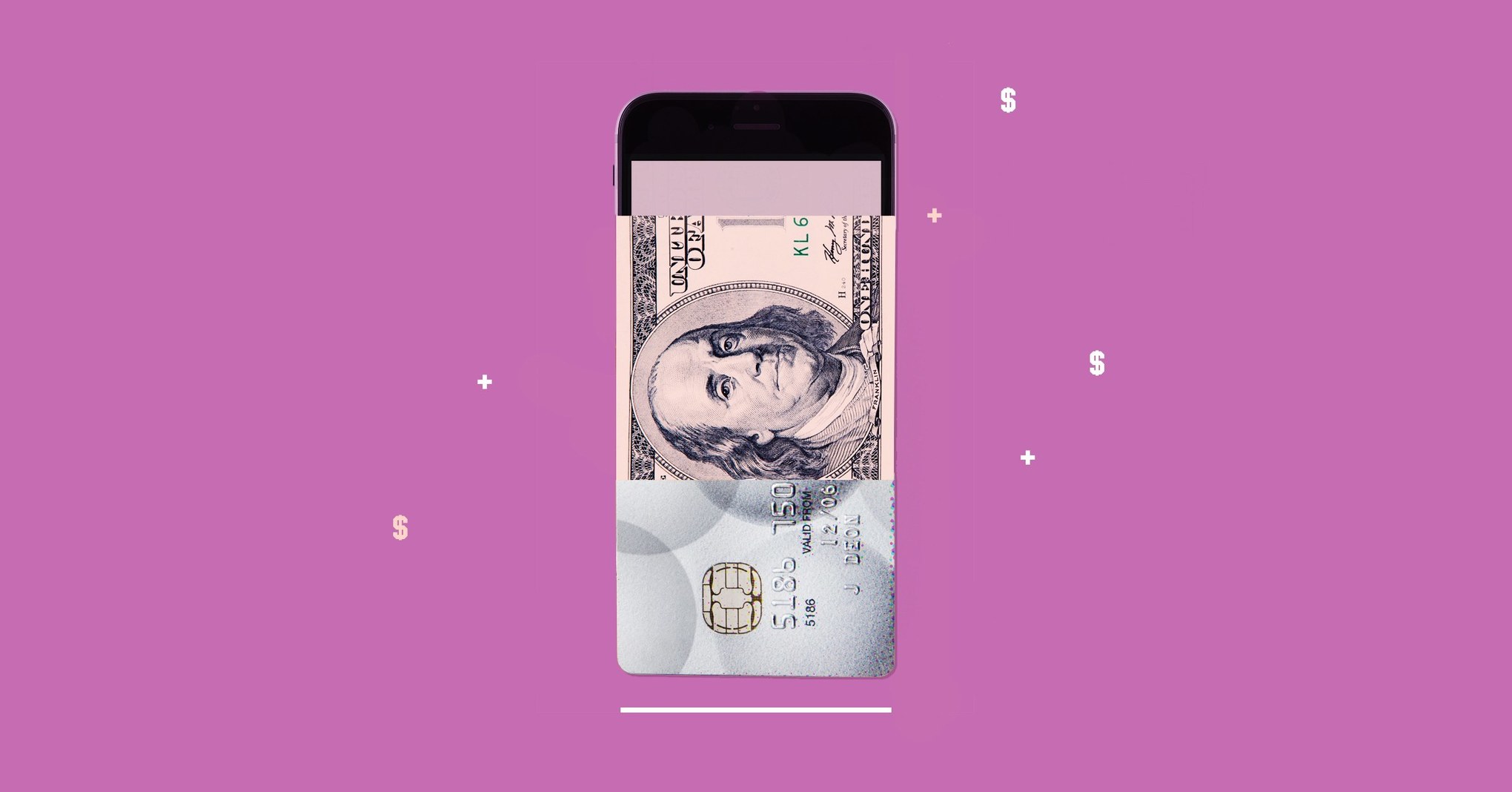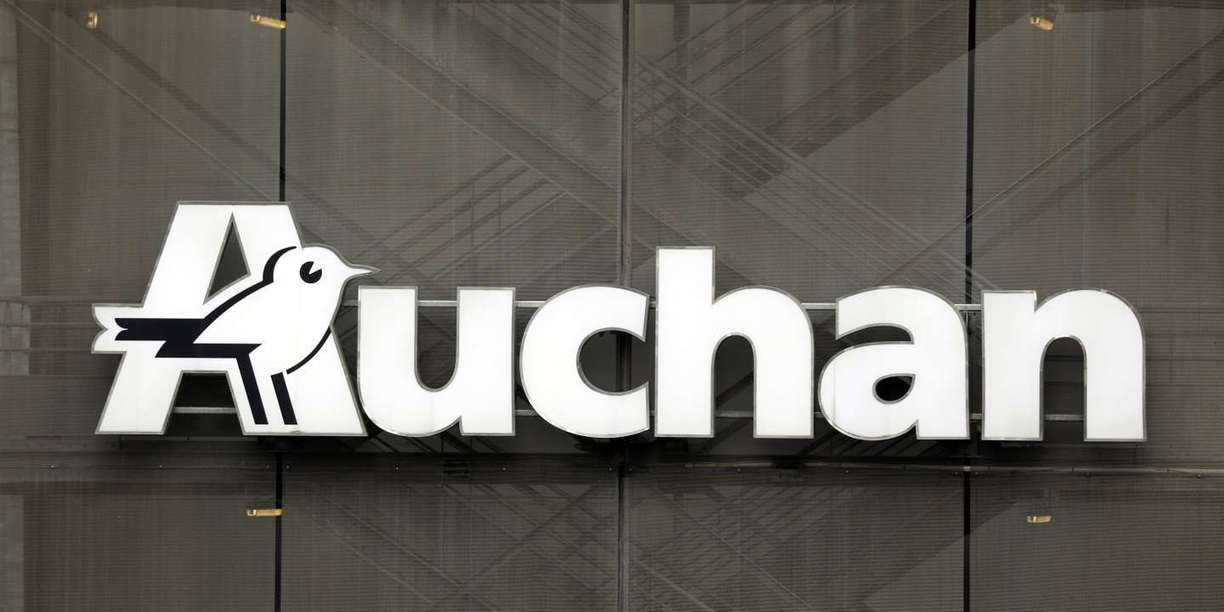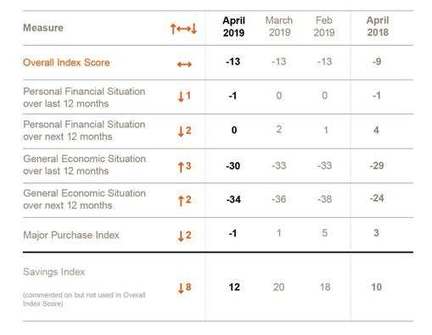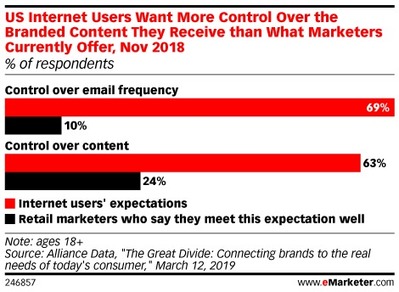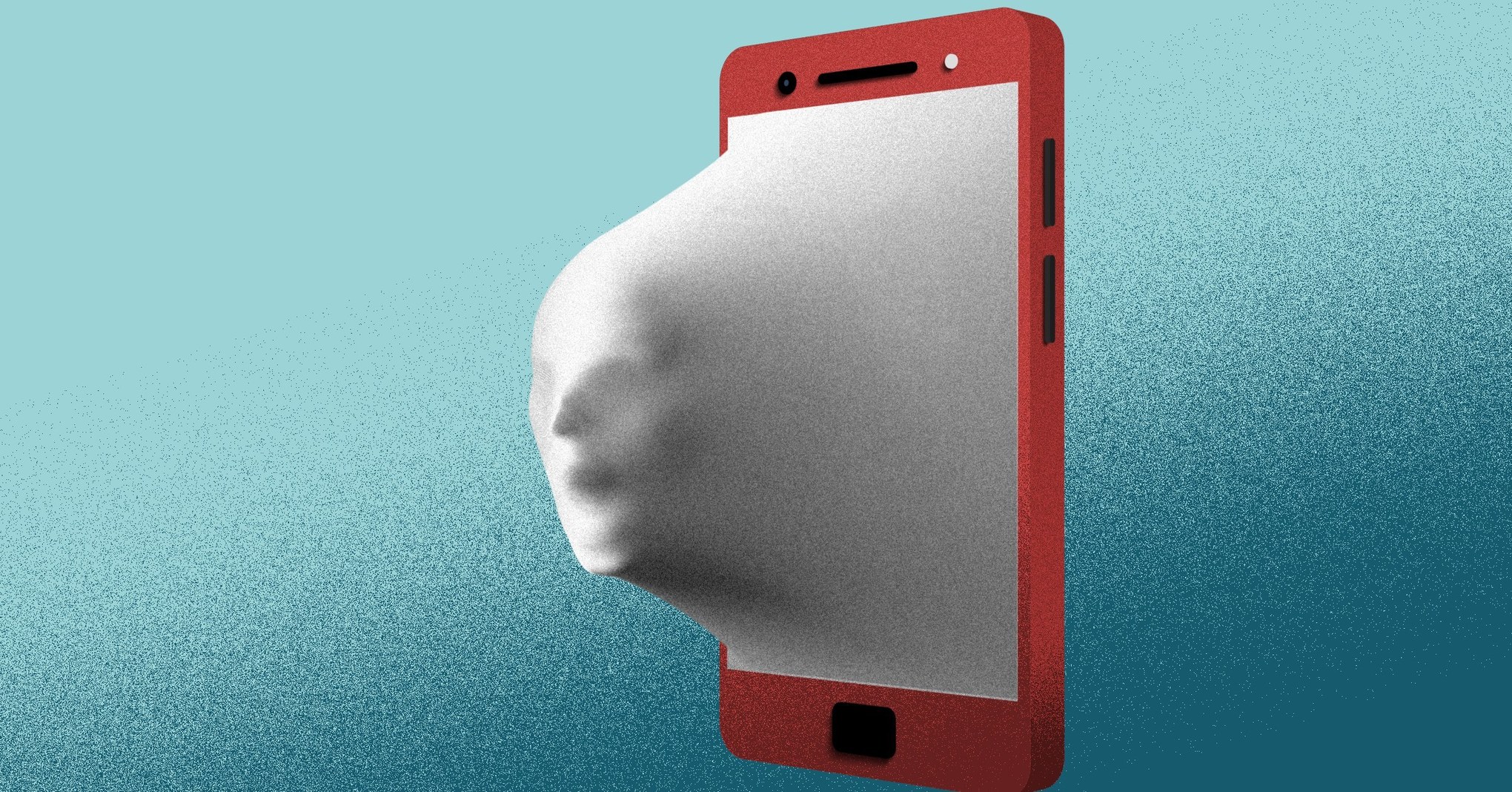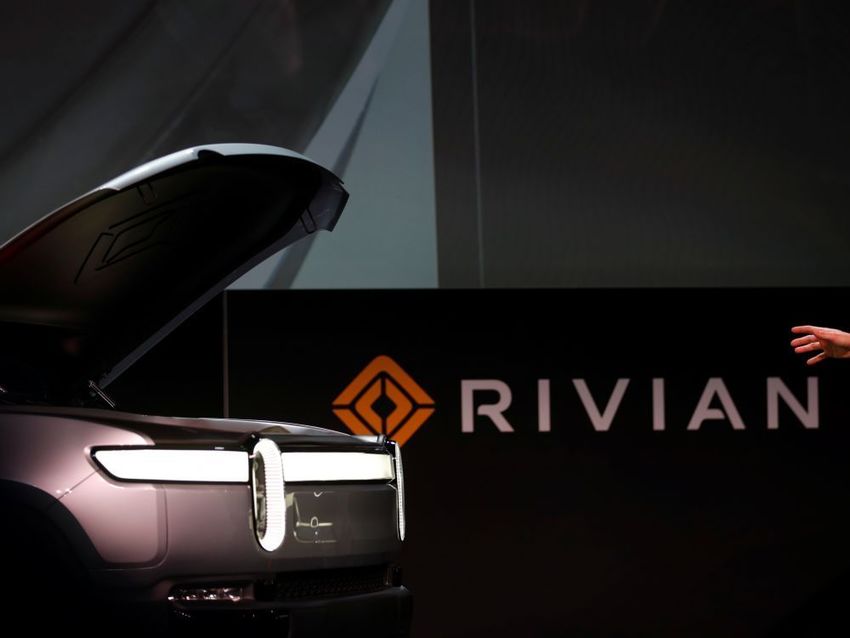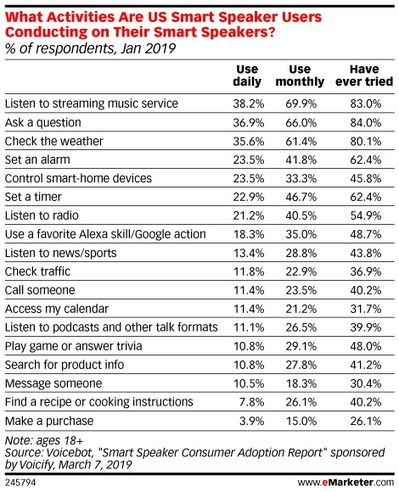Mokulele Airlines mise sur l’hybride pour ses court-courriers
« Climat – Et si on arrêtait de prendre l’avion » titrait le quotidien Libération le 3 avril dernier. Provocatrice ou moralisatrice, cette Une met le doigt sur une problématique propre à l’industrie. À l’heure où le « flygskam », cette honte de prendre l’avion gagne du terrain chez nos cousins Suédois, les professionnels du Travel commencent à réagir. L’électrique peut être une alternative. Après la voiture, l’avion de demain sera-t-il hybride ? Plusieurs compagnies aériennes semblent y entrevoir une solution pour réduire leur émission de CO².C’est le cas notamment de Mokulele Airlines. La compagnie hawaïenne prévoit de tester un modèle hybride entre les aéroports de Kahului et Hana. L’expérimentation aura lieu en septembre ou octobre a rapporté le Honolulu Star Adviser. L’appareil pourra accueillir jusqu’à neuf passagers. Bien qu’elle dépende de plusieurs facteurs, sa portée devrait lui permettre de pratiquer l’intégralité des routes de Mokulele Airlines avec des réserves. Dans le cadre de l’opération, la compagnie aérienne collabore avec le constructeur Ampaire.Réduire les coûts de carburant et de maintenanceÀ Hawaï, les vols court-courriers figurent parmi les principaux modes de transports pour se déplacer entre les îles de l’archipel. Un avion hybride permettrait ainsi de réduire les coûts d’exploitation, d’offrir des liaisons supplémentaires et des vols plus fréquents. Pour le fabricant Ampaire, le court-courrier s’avère être une opportunité de mettre en avant les bénéfices de sa technologie. Cette dernière pourrait potentiellement réduire les coûts de carburant de 50 à 70 % et ceux de maintenance de 25 % à 50 %, rapporte le constructeur.


